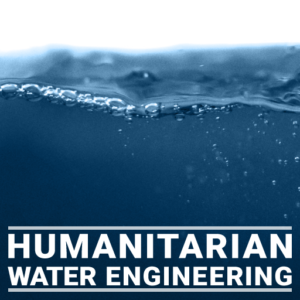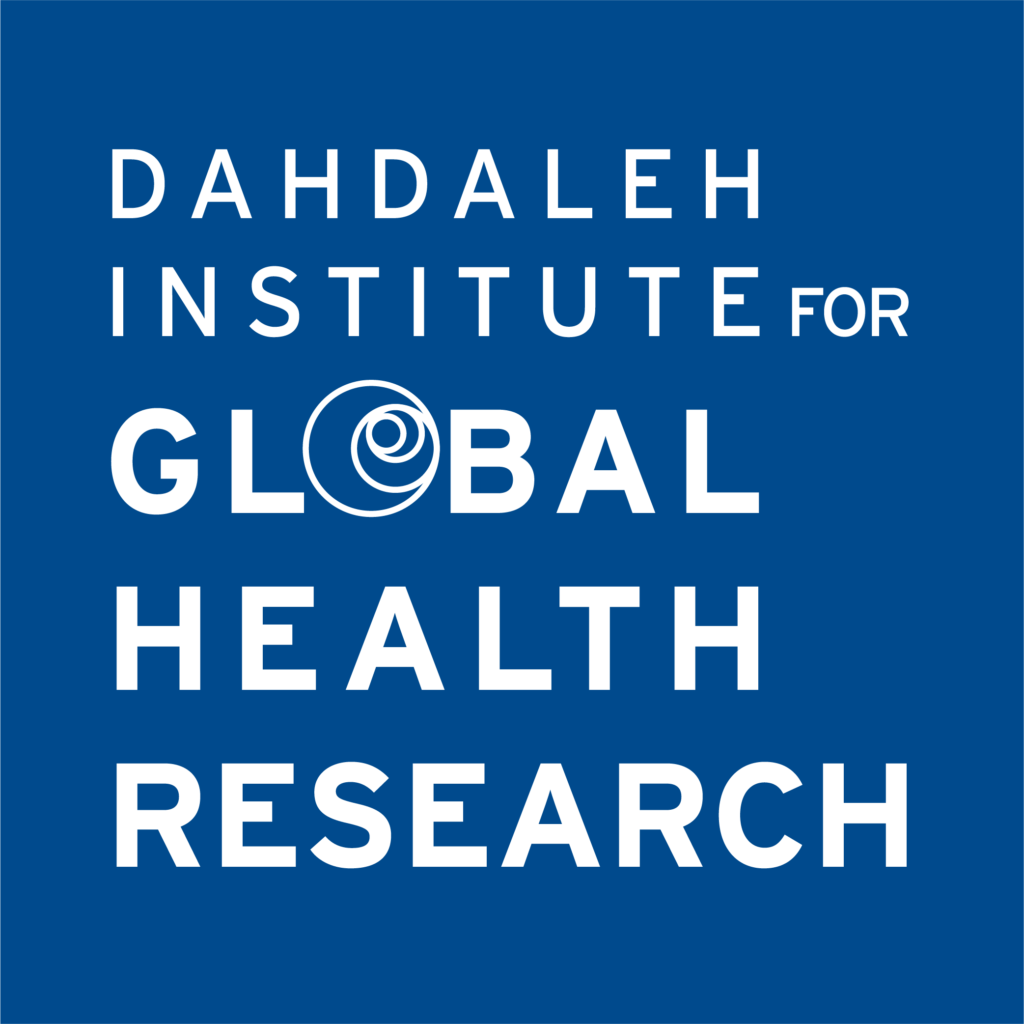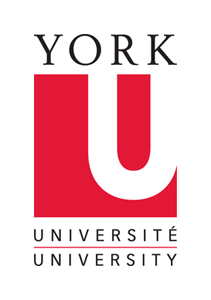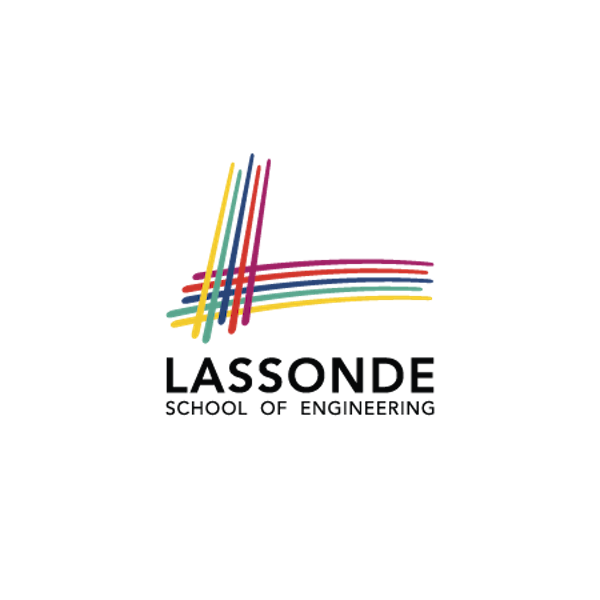
Course Description
The Humanitarian Water Engineering Intensive Course offers participants an opportunity to gain essential knowledge and skills on supplying safe water to populations in precarious situations. The course covers the theoretical fundamentals and practical considerations on the design and operation of water supply systems in humanitarian settings including source selection, water quality, water treatment, distribution and the safe water chain, and outbreak preparedness and response.
Over the course of twelve weeks, participants will engage in a rich, multifaceted online learning experience consisting of curated readings, knowledge-testing quizzes, lectures from experienced engineering practitioners and faculty, and small group problem-based learning (PBL) activities guided by talented facilitators. The course is structured into five units which provide a comprehensive overview of key technical areas of safe water supply in emergencies including:
- Water source development (groundwater and surface waters)
- Water quality characterization and risk assessment
- Water treatment methods, process selection, and design
- Safe water supply chain (distribution and delivery)
- Waterborne disease outbreak preparedness and response
Participants will also gain an understanding of the operational context of humanitarian response by engaging with the following cross-cutting themes throughout the course:
- Humanitarian principles, structures, and standards
- Water, sanitation, and hygiene (WASH) and public health
- Needs assessments, monitoring, evaluation & learning (MEL), and project management
- Human factors and community engagement
- Operational research and emerging questions
The course is intended to help individuals prepare for work as WASH practitioners in the humanitarian sector. The course is most appropriate for those with some education, training, and/or experience in water engineering or in humanitarian response. We encourage applications from:
- Humanitarian professionals from UN agencies and international and local NGOs who want to deepen their knowledge and skills on water engineering in humanitarian response.
- Professional engineers (and other technical specialists) who want to understand how water engineering projects are done in, and gain exposure to, the humanitarian sector.
- Graduate students who want to deepen their technical knowledge and gain exposure to the humanitarian sector.
A certificate will be offered to participants upon successful completion of the course.




You may also be interested in…
Dahdaleh Graduate Scholar Presents Research in Rome and Calgary
17th World Congress on Public Health in Rome Director of the Dahdaleh Institute, Dr. James Orbinski, and Dahdaleh graduate scholar Nilanjana Ganguli participated at the 17th World Congress on Public Health (WCPH) held in Rome …Read more about this Post
Global & Environmental Health Lab
As a top-tier research group, the Global & Environmental Health Lab is committed to developing cross-culturally validated resource insecurity tools including housing, good, energy, and water insecurity scales that can be used in most low …Read more about this Project
Dahdaleh Global Health Intern Shares Summer Undergraduate Research Conference Experience
As the 2023 recipient of the Canadian Institutes for Health Research (CIHR) Undergraduate Student Research Award (USRA), Mirianna Georges had the opportunity to complete a research project on the gendered differences in the relationship between …Read more about this Post
